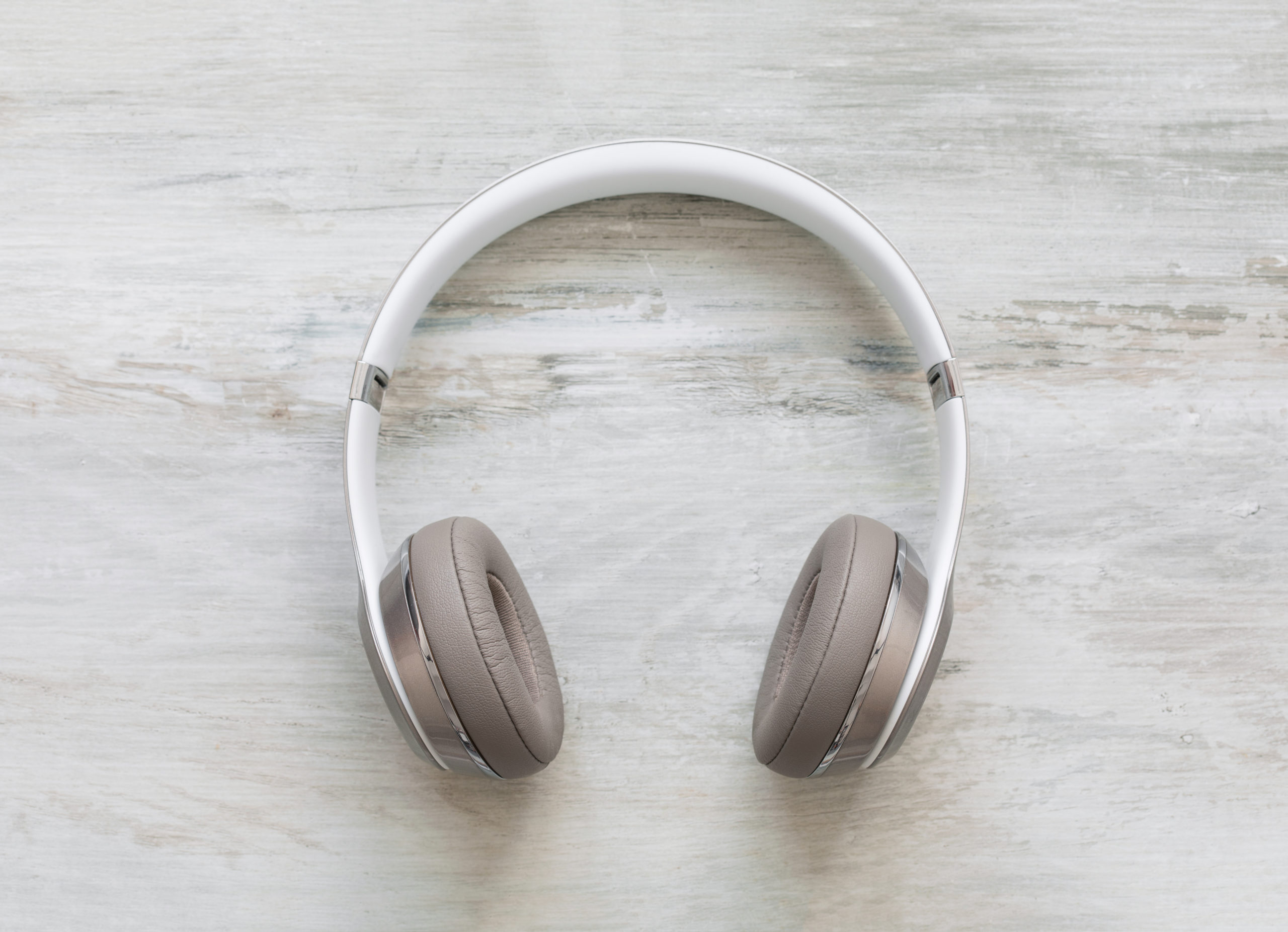

Tune In by Tuning Out
In episode 49 of the Just Saying podcast, I talked about saying no. We have so many options and choices in a day that we can’t say yes to everything without losing focus. We need to learn to tune in to what is important by learning how to tune out the noise.
Interruptions steal 40 to 60 percent of productive time (two to three hours per day), and 70 percent of workers admit to feeling distracted on the job. Interruptions are constant, and our brains are addicted. They reward us with dopamine when we start the next task, juggle projects, and simultaneously scroll through our phones.
I hate to criticize smartphones—they’re amazing, but they provide unending distraction. When a co-worker calls, your phone rings. When a friend sends an invite to a social event, you receive an alert. At the same time, your boss assigns a task and another task. Then somebody knocks on your door. We need to manage the noise by learning how to say no.
Practice Essentialism
I recommend reading Essentialism by Greg McKeown. The book strengthens the muscle of “no” by helping us focus on what is essential: If we can’t do everything, we must do fewer things well.
Essentialism doesn’t happen by accident. We choose it after realizing, If I don’t do this, I’m going to permit everybody and every distraction to walk through the front door of my mind. Ask and answer: What are the most important tasks for the day? There aren’t a million of them; there are only a few but choosing the most important tasks is difficult because we face so many options. How do we lock onto what is most important? We learn to say no to what isn’t.
Say No Out Loud in Private
What’s the first thing people do when they get into their cars? They turn on the radio. Instead, say out loud, “No, I’m not going to listen to the radio right now.” I’m going to listen to the engine and my thoughts.
Now, I’m driving and thinking, and I see a construction site. I want to look at it. What are they building? There is nothing wrong with looking at the construction site but say no instead. Deny your curiosity and look straight ahead. Be prepared to say no when it matters by practicing “no” in private.
Say Yes to Something Else
I often talk about the 7-to-7 rule: Don’t check your phone before 7 a.m. or after 7 p.m. in order to minimize noise. Well, if I wake up at 6 a.m., ignoring my phone for an hour requires the power of “no.”
Seventy percent of people check their phones first thing in the morning and last thing at night. How do we ignore the urge to check our phones? We say yes to something else more important. I want to check my phone before I go to bed. “No, I’m not going to do that.” Why? Because I’m saying yes to good sleep. I need rest. When you say no to one thing, say yes to something else.
Feel the Power
When I’m on my computer typing an email, I have multiple distractions competing for my attention. I can check my phone. I can look out the window. Focusing is difficult because I want to do something easier. Instead, I say no to distractions and yes to delivering a quality email.
“No” has a power to it. Feel that. Say, “No, I’m not going to do fill in the blank.” And then don’t do it. Then feel the power of saying yes to something else instead. Take your words seriously and exercise the power you have over your attention.
A Bird’s Eye View
Imagine looking down at a map from 30,000 feet. Over the course of the day, you watch a car drive across the country from point A to point B. The person driving isn’t saying no. They’re giving in to impulses, distractions, and interruptions. They’re all over the road.
Unfortunately, we live our lives like that driver. No wonder we can’t get to point B. To stay on track, we must focus on what is important. Deciding what is important isn’t easy, but, once we identify it, saying no gives us a clear path to our destination.





